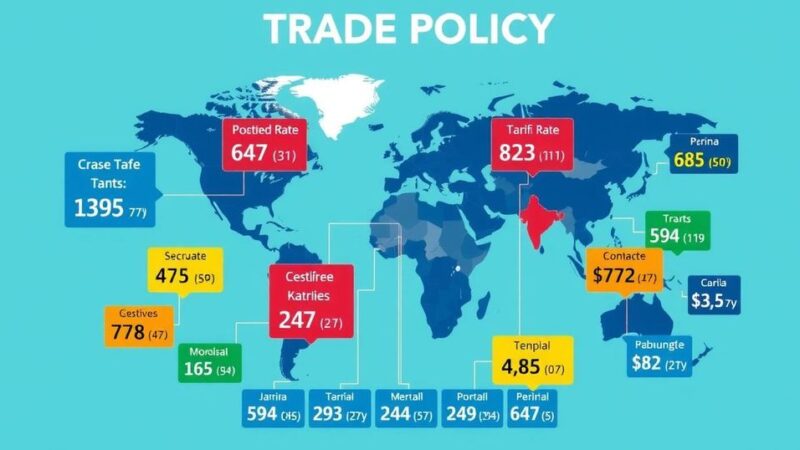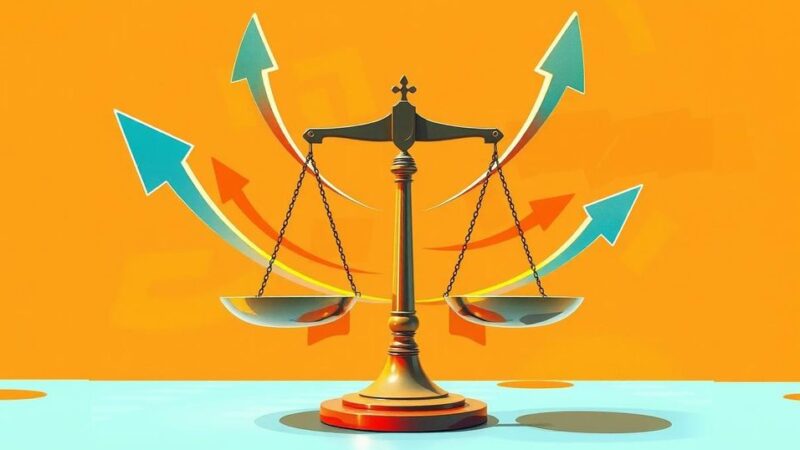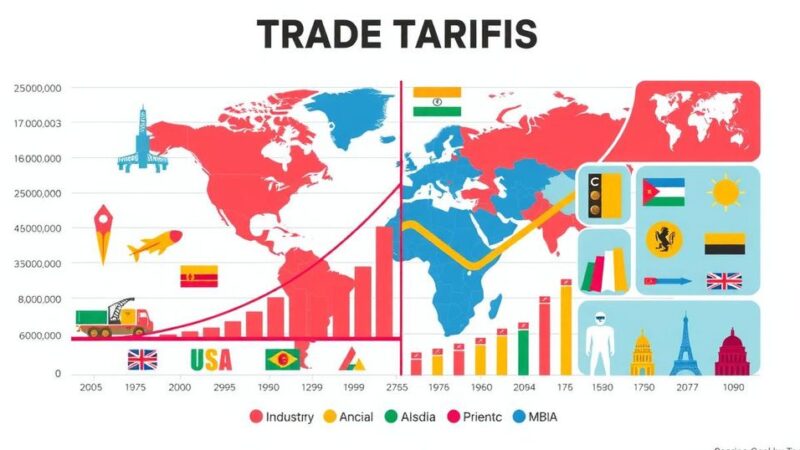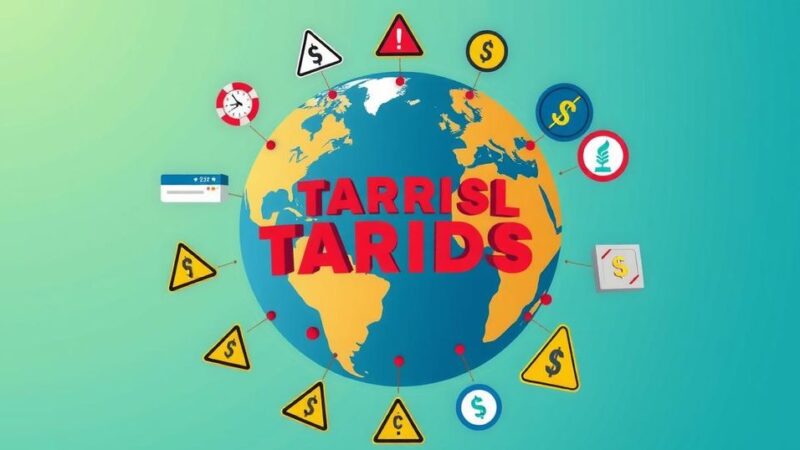South Africa’s parliament passed the 2025 Budget on April 2, 2025, led by Finance Minister Enoch Godongwana, despite significant opposition to a VAT increase. The budget was approved by a narrow margin and initially delayed over disputes regarding the tax hike. Godongwana defended the increase as necessary for public services, while the opposition, particularly from the DA, raised concerns over tax policies and spending priorities.
On April 2, 2025, South Africa’s parliament successfully passed the 2025 Budget, proposed by Finance Minister Enoch Godongwana, amidst considerable opposition regarding a controversial increase in the value-added tax (VAT). The budget was approved by a narrow margin of 194 votes in favor and 182 against, with no abstentions from the lawmakers present.
Originally scheduled for February, the budget’s presentation was postponed due to internal disagreements primarily concerning the VAT increase. During a parliamentary review on March 12, Godongwana announced a structured plan for VAT hikes, which proposes an increase of 0.5 percentage points in both the 2025/26 and 2026/27 financial years, ultimately raising the VAT rate to 16 percent.
In defending the tax adjustments, Godongwana argued that they were vital for maintaining public services amid increasing fiscal challenges impacting key sectors like health, education, transport, and security. However, opposition was strong, particularly from the Democratic Alliance (DA), the second-largest party in the ruling coalition, which opposed the budget and expressed discontent with the increase in taxes and the government’s spending priorities.
Following extensive political discussions and debates, the ruling African National Congress managed to gather sufficient support from smaller coalition partners and other political factions to ensure the budget’s passage, despite the DA’s earlier conditional support contingent upon the revocation of the Expropriation Act.
In summary, the South African parliament’s passage of the 2025 Budget reflects a government effort to secure funding amidst fiscal constraints despite significant opposition, particularly concerning tax increases. The approved gradual rise in VAT highlights ongoing debates around government spending and priorities as the nation navigates its economic challenges.
Original Source: english.news.cn






